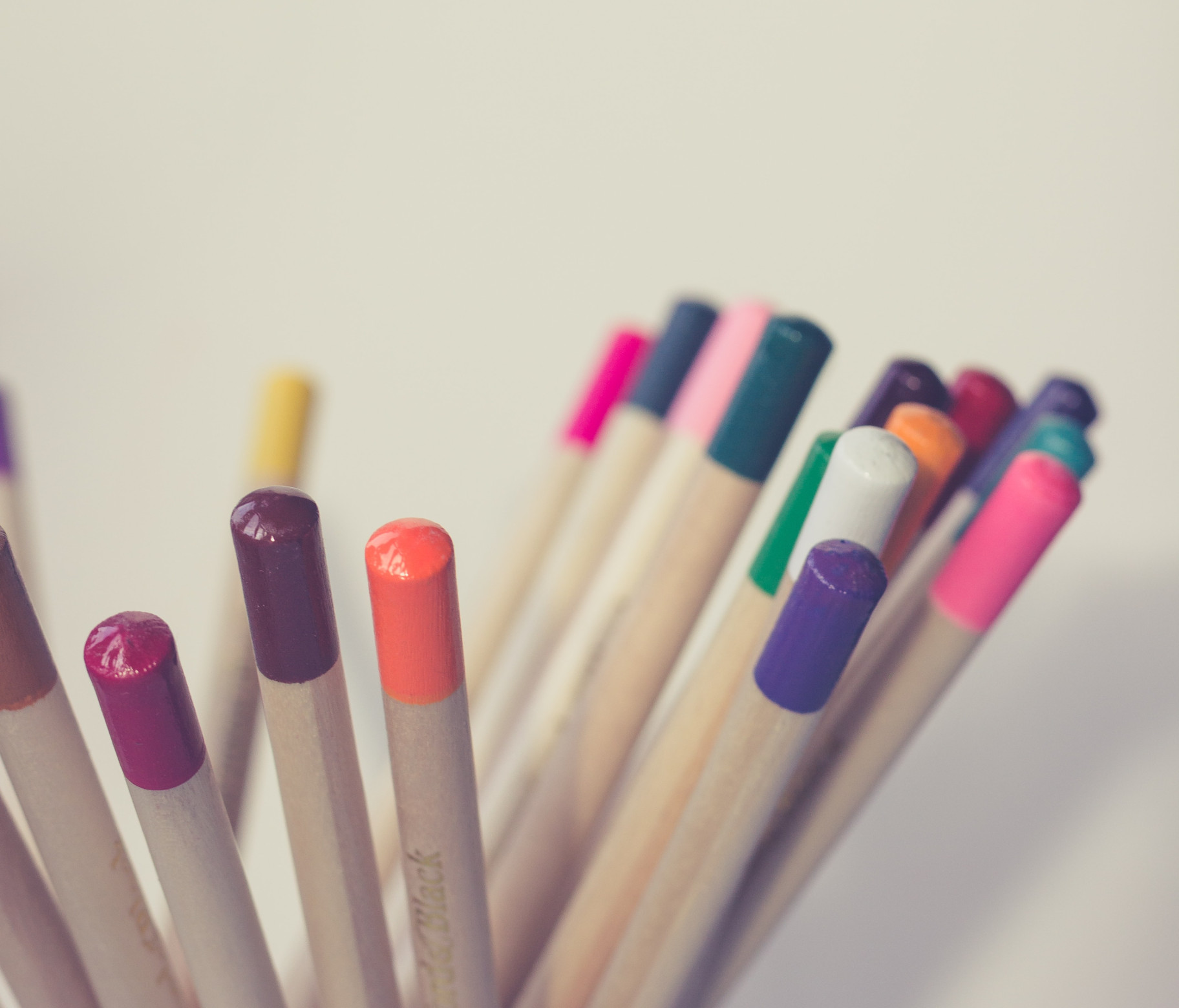Let's go camping at home!

Let's go camping at home!
Make your own enclosure at home
Materials Required
- Pop up tent /small camping tent or blankets/sheets
- Chairs
- A large sheet or blanket
- Picnic rug
- Picnic basket
- Kitchen utensils e.g. plates, bowls, spoons, cups
- Cushions
Dolls or teddy bears, Story books
Play experience profile
-
Ages:
-
Min Playtime15 - 30 Minutes
-
Skills
-
Energy LevelActive play
-
Messiness Rating
-
EYLF Outcomes
Play Experience Preparation
Gather all materials beforehand and place in the area you want to set up camp - Have a drink bottle of water near by for your child if outdoors - Apply sunscreen and hats if outdoorsExperience Steps
- Explain to your child that you are going on a fun camping trip.
- Encourage your child to help put up the tent or better still - create you own home made tent structure.
- Ask your child if they would like to bring any favourite toys into the camping area.
- Sit in the tent/camping area and read stories and play with your child.
- Encourage your child to explore the natural environment outdoors around the camping area.

What to talk about, or questions to ask during the experience
- Tent
- Camping
- Nature
- Sticks, leaves, rocks, bark and trees
- Birds, animals and insects
Build on this...
- Observe insects, birds in your backyard - talk about them and observe differences.
- Go on nature walks and observe your natural environment.
- Read the story "Where going on a bear hunt" and act out the story.
- Sing songs and share stories inside the enclosure.
WHO guidelines for physical activity and sedentary behaviour
Provide evidence-based public health recommendations for children, adolescents and adults on physical activity.
Learn more
Provide evidence-based public health recommendations for children, adolescents and adults on physical activity. Learn more
This experience encourages your child to be physically active both indoors and outdoors by exploring the environment and using physical skills to set up the camp.
EYLF Outcomes
The Early Years Learning Framework has been designed for use by early childhood educators working in partnership with families, children’s first and most influential educators.
View PDF
The Early Years Learning Framework has been designed for use by early childhood educators working in partnership with families, children’s first and most influential educators. View PDF
- Children feel safe, secure, and supported
- Children resource their own learning through connecting with people, place, technologies and natural and processed materials
EYLF Principle
Principle 3: High expectations and equity. Children progress well when they, their parents and educators hold high expectations for their achievement in learning.
EYLF Practice
Practice: Learning through play. Play can expand children’s thinking and enhance their desire to know and to learn. In these ways play can promote positive dispositions towards learning. Children’s immersion in their play illustrates how play enables them to simply enjoy being.
Author:


